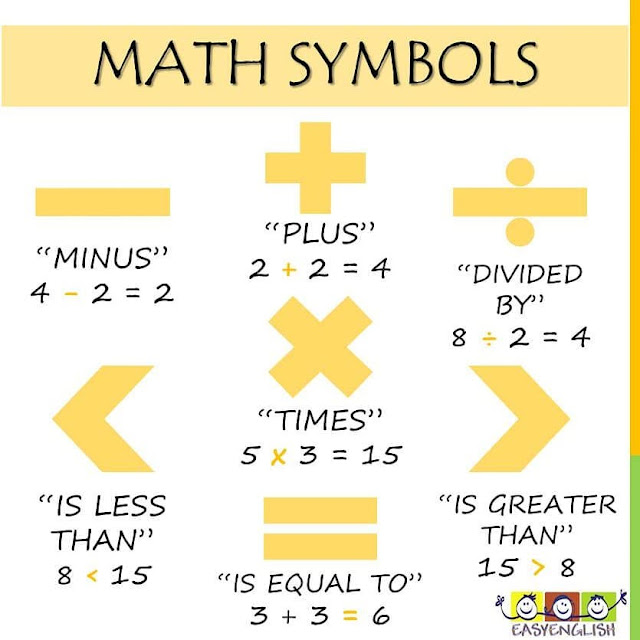Present Continuous in English is mostly used to describe things that are happening at the moment or are happening temporarily. This time has other uses that we will get acquainted with in this section. We first get acquainted with the structure of this time. Continuous structure The present tense is formed from the past participle of the verb (be (am, is, are) plus the infinitive of the verb (gerund). Exceptions in adding ing 1. If the end of the verb was e, it is deleted when converted to gerund, except for verbs whose end is ee, oe, and ye. Come - coming Agree - agreeing . 2 . For verbs that have a vowel with stress before the last syllable, that vowel is repeated twice, except for verbs ending in w, x, and y. sit - sitting fix - fixing 3 . In British English, if the current ending is L, it is repeated twice, but in American English, L is repeated once. travel - travelling travel - traveling 4. If the end of an verb is ie, it becomes y. lie - lying Ask...
